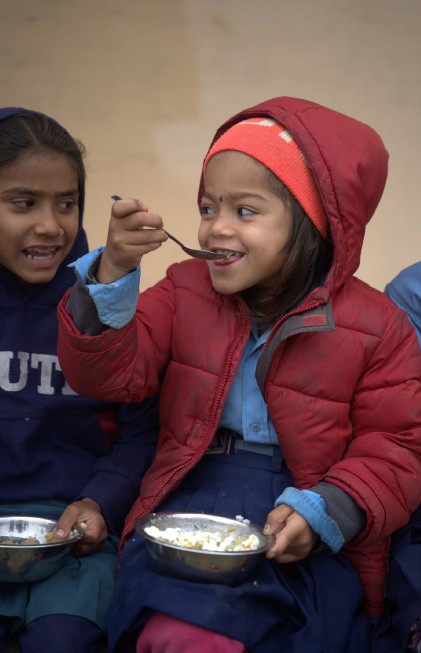- +977-1-5342318, +977-1-5332129
- info@sappros.org.np
- SAPPROS Nepal, Center Office, Surya Marg, Babarmahal, Kathmandu, Nepal

SAPPROS Nepal has been advocating with all relevant stakeholders to support its vision of making Nepal green again, protecting the environment and promoting the sustainable usage of the natural resources. The Organization proposes the following goals to be achieved by 2030, which will assist the country in achieving the SDGs 1, 2, 3, 5, 7, 8, 9, and 13.
The “Make Nepal Green” campaign, led by SAPPROS Nepal, promotes environmental sustainability, economic resilience, and food security by advocating for organic agriculture, renewable energy, ICT, Eco-tourism and reforestation. The initiative aims to reduce raw food imports, enhance food security, and combat deforestation through sustainable land management. A key focus is transitioning from non-renewable to renewable energy sources, particularly solar power, to achieve energy independence and lower costs for households, industries, and transportation. Additionally, the campaign fosters ecotourism, positioning Nepal as a leader in sustainable tourism while boosting local economies and raising environmental awareness. Since 2016, SAPPROS Nepal has convened international conferences, collaborated with global experts, and conducted research to advance organic farming and renewable energy solutions. The “Make Nepal Green Fund” plays a pivotal role in expanding these efforts, offering financial support for grassroots initiatives in renewable energy, organic farming, and ecotourism. Through policy advocacy, capacity-building, and innovative solutions, SAPPROS Nepal aligns this movement with global sustainability goals, ensuring a greener, more resilient Nepal for future generations.

SAPPROS Nepal’s Safe and Healthy Food Movement (SHFM) addresses the growing risks of poor nutrition, non-communicable diseases, and environmental degradation by advocating for safer, healthier food systems. Aligned with global efforts, SHFM promotes government intervention to create healthier food environments through policies, education, and improved access to nutritious food.
A key focus is on reducing pesticide use and mitigating soil degradation, as chemical contamination poses serious health risks. To counter this, SAPPROS supports domestic producers in adopting organic and regenerative farming practices that ensure chemical-free food and sustainable land use. The movement also emphasizes rigorous monitoring of food products to uphold health standards. By 2030, SHFM envisions a nationwide shift toward a resilient food system that enhances public health, strengthens food security, and promotes economic and environmental sustainability. Recognizing the interconnection between nutrition, livelihoods, and climate resilience, the campaign calls for collective action among policymakers, farmers, and communities. SHFM is more than a campaign, it is a strategic roadmap for ensuring a healthier, more sustainable future for all Nepalese citizens.